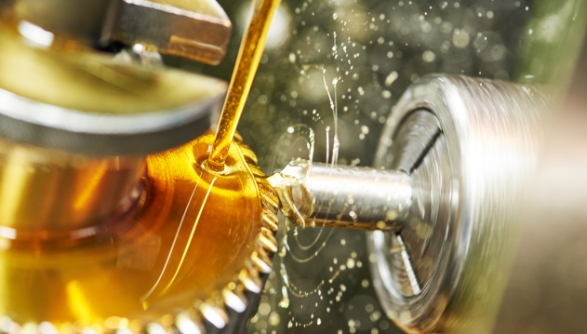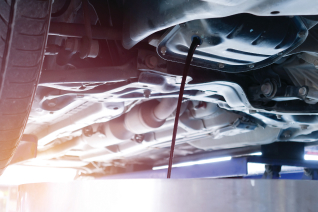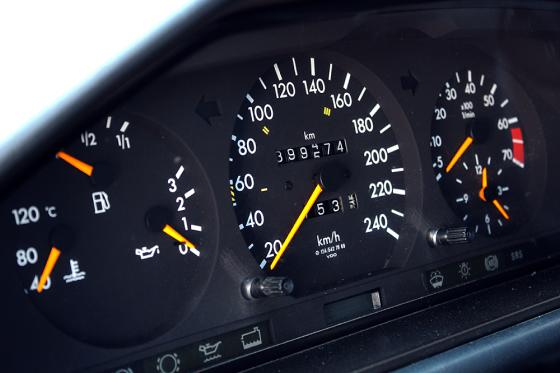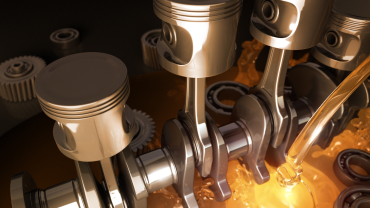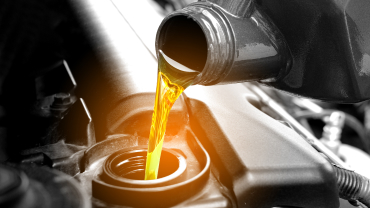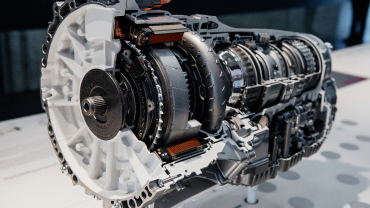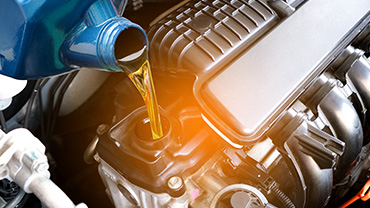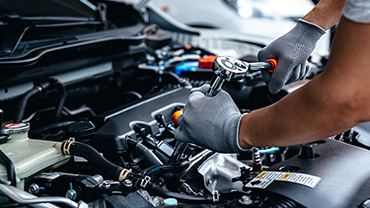Importance and Replacement Frequency of Vehicle Oil Filter



Importance and Replacement Frequency of Vehicle Oil Filter
When it comes to vehicle maintenance, engine lubricant and other essential components often come to the fore, but the oil filter is also a critical element for engine health and performance. Engine lubricant is vital to ensure proper engine operation. It is also necessary to use a suitable oil filter to prevent oil contamination and keep the engine clean. The oil filter cleans the engine lubricant and prevents dirt, sludge, and foreign substances from entering the engine. In this article, we will consider why the oil filter is so important and how to determine the frequency of replacement. We will also cover other considerations for oil filters.
Importance of Oil Filter
The oil filter is a critical component to ensure healthy engine operation and extend engine life. Engine lubricant gets dirty over time, and small particles, soot, and other foreign matter build up inside the engine. The oil filter cleans the engine oil and prevents these contaminants from reaching the sensitive components of the engine. If the oil filter does not work properly or becomes clogged, the engine oil cannot be cleaned sufficiently, which can lead to overheating, wear or damage to the engine.
Clean engine lubricant makes the engine run more efficiently, which can improve fuel efficiency and extend the engine life. The oil filter also maintains the viscosity of the lubricant, ensuring proper engine operation. An oil filter that fails to work properly can cause accumulation of dirty lubricant inside the engine, negatively affecting the efficiency of the lubrication system.
Frequency to Replace Oil Filter
The frequency of oil filter replacement may vary depending on the type of engine of your vehicle, the conditions of use and the type of lubricant. In general, the oil filter should be replaced every time the engine lubricant is changed. Most automakers recommend an oil filter replacement at every 10,000 to 15,000 kilometers.
If your vehicle is driven in heavy urban traffic or harsh conditions, the oil filter should be replaced more often. In this type of use, the engine can produce more dirt and deposits, which indicates that the oil is contaminated quickly and the oil filter needs to be replaced more often. Otherwise, the oil filters may become worn or clogged, which may lead to engine malfunction and further damage. Thus, regular oil filter inspection and replacement ensure that the engine has a long life.
Oil Filter Removal Apparatus and Replacement Process
Oil filter replacement can be challenging for some car owners as the oil filter can sometimes get stuck and cannot be removed easily. In such cases, it would be very useful to use an oil filter removal apparatus. This tool makes it easier to remove clogged or jammed oil filters. The oil filter removal apparatus comes in different sizes and shapes, so it is important to choose the one that fits your vehicle.
Another consideration for oil filter replacement is to use the correct filter. Each vehicle needs a different type of oil filter. Using the wrong type of oil filter may result in the engine lubricant not being properly filtered, which may result in the accumulation of contaminants inside the engine.
To replace the oil filter:
- Allow your vehicle's engine to cool down.
- Drain the old engine lubricant to empty the lubricant.
- Remove the old oil filter.
- Before placing the new oil filter, apply a small amount of the new lubricant on the filter.
- Put the new filter in its place and when filling the lubricant, check the lubricant level and make the necessary additions.
Oil Filter Prices and Selection Criteria
Oil filter prices vary depending on the type of filter used, the make of your vehicle and the quality of filter. Standard oil filters are generally affordable, but high-quality filters or special filters designed for specific brands of vehicles can be slightly more expensive. The quality of the filter and the materials used determine the price differences. High-quality oil filters help keep the engine cleaner for longer periods and improve engine performance.
Considerations when choosing an oil filter are:
- Vehicle Brand and Model: Each vehicle needs a different oil filter. Using the filter recommended by the vehicle manufacturer is important to ensure the healthy operation of the engine.
- Filter Type: There are different types of filters on the market; each one meets different engine needs. High-quality filters allow the lubricant to be cleaned more effectively.
- Filter Quality: Cheap oil filters usually have a shorter service life. Higher-quality filters help keep the engine cleaner for longer periods.
The oil filter plays a critical role in maintaining engine health and engine longevity. Regular oil filter replacement ensures proper engine operation and prevents wear and sludge formation. By regularly changing your vehicle's oil filter, you can protect your engine and extend the life of your vehicle. Using the correct oil filter removal apparatus, you can carry out the oil filter replacement process more easily and quickly. When the oil filter is selected according to the needs of your vehicle, it provides great benefits for the long-term performance of your vehicle. Please keep in mind that regular maintenance and choosing the right oil filter are key to keeping your vehicle's engine healthy for a long time. For safe and effective lubrication, please visit https://www.opetfuchs.com.tr/tr/blog/guvenli-ve-etkin-yaglama-icin-en-iyi-pratikler.




